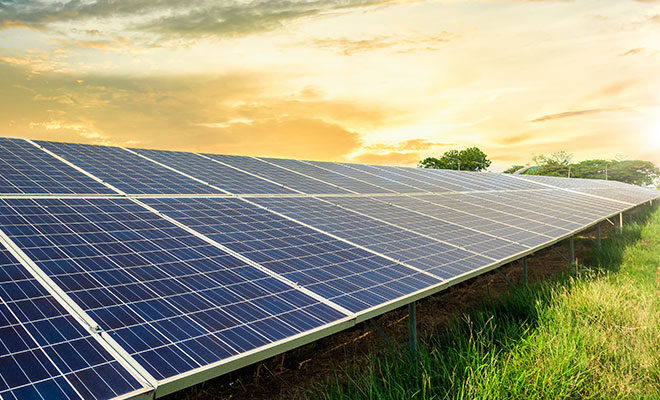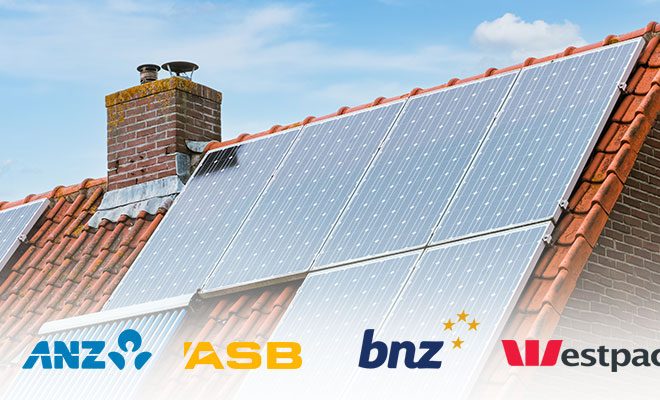Is solar right for my business?
How should solar energy be split between the landlord and tenant? Short answer: it depends.
The first step to determine whether your business is fit for solar is to get a free initial consultation. It is only after evaluating your consumption requirements against the buildings capacity or area available for harvesting, as well as the equipment requirements will you truly be able to evaluate the feasibility of a commercial system.
COMPARE COMMERCIAL SOLAR QUOTES
The next question you will have is who will pay for the solar system, the landlord or the tenant. Each has advantages and disadvantages for either party.
Typically, a commercial tenant pays for their power use, so if there are significant savings to be made from switching to solar, it may be in the tenant’s best interest to drive the installation of a new solar system. Once a solar system is installed on a building, it increases capital value on the property, which benefits the landlord, so it could be considered in the best interest of the landlord to pay for the installation of the system.
COMPARE COMMERCIAL SOLAR QUOTES
One option that has previously been explored is that if the landlord pays for the installation and then sells the clean energy back to the tenant at an agreeable rate.
The problem with this kind of arrangement is that a solar system designed for the specific needs of one company may not serve the needs of a new tenant when leases expire and change hands.
Basically, there is not right answer here. Tenants and landlords need to come to an agreement about how the initial cost but without knowing the initial set up cost there is no discussion to be had. We recommend getting a free consultation as a starting between the two parties.




